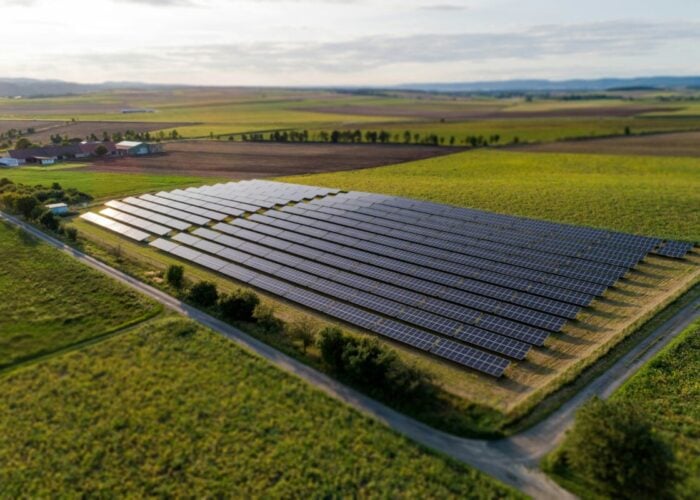Federal Environment Minister Norbert Röttgen and the German Solar Industry Association have agreed to bring forward the reductions of financial support for solar power in order to facilitate the further expansion of photovoltaics in Germany. The government revealed late last week that, together with the industry, it was set to bring in a reduction of up to 12%, which would be pulled forward six months to July 1st this year.
“The industry and I have agreed…that there need to be a reduction in [solar electricity] subsidies,” Röettgen told delegates at the annual Handelsblatt energy conference in Berlin on Wednesday.
Try Premium for just $1
- Full premium access for the first month at only $1
- Converts to an annual rate after 30 days unless cancelled
- Cancel anytime during the trial period
Premium Benefits
- Expert industry analysis and interviews
- Digital access to PV Tech Power journal
- Exclusive event discounts
Or get the full Premium subscription right away
Or continue reading this article for free
This early reduction could amount to between 3 and 15%, depending on market growth. The basis for calculating this early reduction will be the development of domestic photovoltaic demand from March to May 2011, as determined by the Federal Network Agency (Bundesnetzagentur).
If, however, the market slows and projected market growth for the entirety of 2011 is less than 3.5GWp, the first feed-in tariff adjustment won't occur until the beginning of 2012, as previously planned.
“We welcome this clear political commitment to expanding photovoltaics, to Germany as a production site and to the more than 130,000 jobs created so far by photovoltaic technology,” said Günther Cramer, president of BSW-Solar.
The objective in expanding photovoltaics is to increase the proportion of Germany's power supplied by solar energy from around 2% currently to at least 10% by 2020, while simultaneously cutting costs by at least half during the same period.
“Moving these flexible portions forward sets the photovoltaic industry an ambitious goal of further reducing costs within a very short space of time, so that the price of photovoltaic systems remains attractive to consumers. This agreement on flexible adjustment to financial support makes it possible to avoid introducing a fixed cap to the market.
A fixed cap would not only cancel out competitive market forces, but would also prove counterproductive to the objective of further reducing the price of photovoltaic systems,” continued Cramer. “Flexible adjustments to the feed-in tariff contribute significantly to attaining our goal of expanding installed photovoltaic capacity from 52-70GW by 2020, while limiting the cost of solar power to around two cents/kWh.”
The solar industry is also expected to expand module production and upstream production steps in Germany from 3.2GW to more than 8GW by 2020, shaping the global move toward a renewable energy supply, with a substantial proportion of ‘made in Germany’ photovoltaics.
Cramer states, “Our objective in this is to become capable of competing with conventional energy sources as quickly as possible. Thanks to great successes in cost reduction, first market segments will be independent of financial support by 2017.”






